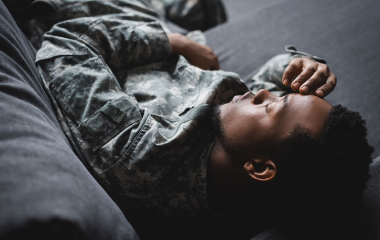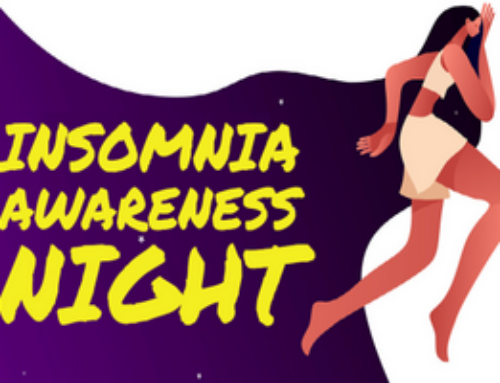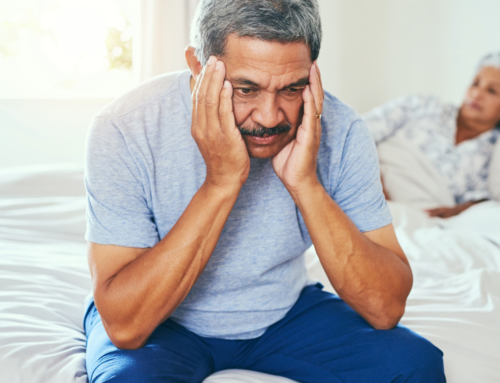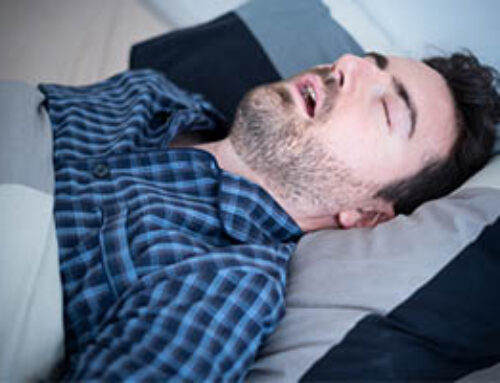Sleep problems affect everyone, but they are particularly common among military veterans. Recent studies of U.S. veterans highlight the prevalence of sleep disorders.
What sleep disorders are veterans likely to experience?
Veterans are exposed to stressful situations during military service. The stress of training, deployment, and returning to civilian life can impact sleep. The most common sleep disorders experienced by veterans include:
- Insomnia is the most common sleep complaint. It occurs when you have trouble falling asleep or staying asleep even though you had the opportunity to get a full night of sleep. Insomnia can affect your mood and make other medical conditions more difficult to manage.
- Nightmares may lead to sleep loss and, as a result, daytime sleepiness. Stress, anxiety, an irregular sleep routine or being overtired can increase your risk for nightmares. Having the same nightmare repeatedly over time can also be common after severe stress or a traumatic event.
- Obstructive sleep apnea, or OSA, is a common and serious sleep disorder that causes you to stop breathing during sleep. OSA can have a negative impact on your health. It may increase your risk of high blood pressure, heart disease, stroke, diabetes, and depression.
How are veterans impacted by sleep disorders?
A July 2021 study in the Journal of Clinical Sleep Medicine reported that undiagnosed and undertreated sleep disorders are common among veterans at risk for cardiovascular disease. In a sample of 420 veterans, more than half (52.1%) screened positive for sleep apnea.
In addition to a high prevalence of sleep apnea, many veterans experience insomnia as well.
A report published in the journal SLEEP found that in a study of more than 5,500 post-9/11 veterans, 57.2% had insomnia. This is much higher than the general population. Studies have found that about 30% of the general adult population experience insomnia.
The study also found that insomnia rates increased among veterans with certain conditions. More than 93% of veterans with PTSD also had insomnia. Also, 77.7% of veterans with a traumatic brain injury and 69.6% of veterans with chronic pain also had insomnia.
Older veterans may experience long-term sleep problems, too. One study found that many older veterans have reported sleep problems that began during or immediately following military service and have persisted for decades.
Sleep problems may be common among veterans, but they can be treated effectively.
If you are experiencing sleep problems, seek help from your primary care doctor at Veterans Affairs or use the AASM sleep center directory to find an accredited sleep center near you.
Medical review by Virginia Skiba, MD
Authored by:
Kate Robards





